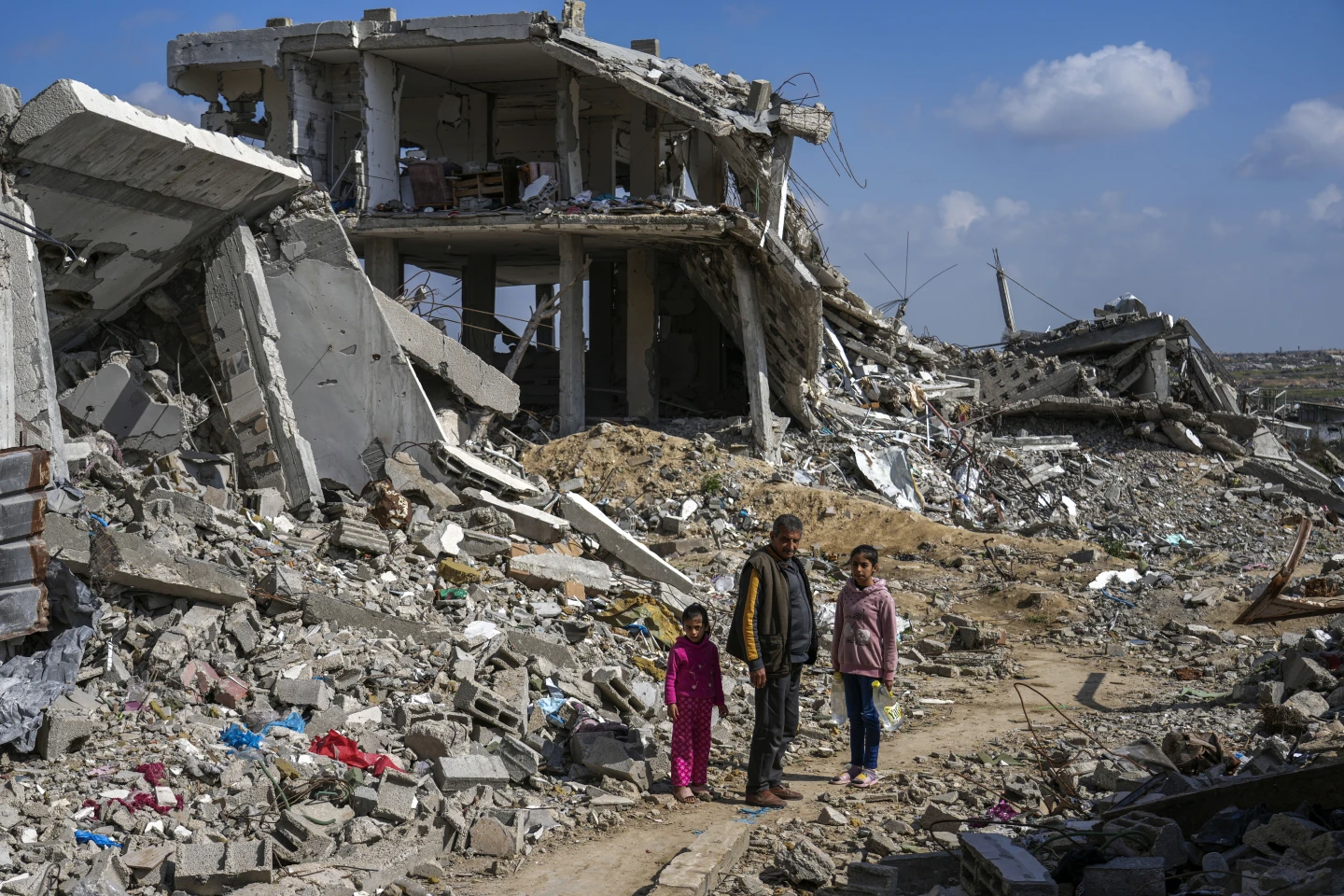Israel’s military has announced that its forces will remain in five key locations in southern Lebanon beyond the ceasefire deadline set for Tuesday. These sites are important vantage points or lie across from northern Israeli communities, where about 60,000 people are still displaced. Despite the ceasefire agreement, Israel’s military stated the extension was a temporary measure, approved by the U.S.-led body monitoring the ceasefire, with a gradual withdrawal planned to ensure the safety of Israeli civilians.
The ceasefire, which has been in effect since November, stipulates Israeli withdrawal from a buffer zone in southern Lebanon. This zone is supposed to be patrolled by the Lebanese army and U.N. peacekeepers. However, the delay has led to frustration among Lebanon’s officials, with President Joseph Aoun emphasizing the need for the ceasefire to be respected. Hezbollah, the militant group involved, has expressed impatience and warned that there should be no further delays beyond the deadline.
Gaza Ceasefire at Risk as Hostage Crisis and Delayed Withdrawals Persist Amid Tensions
Israel’s involvement in Gaza remains tense as the region marks 500 days of the war with Hamas. The ceasefire in Gaza is also at risk, with conflicting signals from Israel and the U.S. regarding its continuation. The ongoing conflict saw significant casualties, and while Israel has agreed to pull back forces from much of Gaza and allow humanitarian aid, the next phase of the ceasefire, which involves more hostages being released and further Israeli withdrawal, has yet to begin.

The hostage crisis remains central to the ceasefire negotiations, with Israel seeking the return of more hostages abducted during Hamas’ October 7 attack. The first phase of the ceasefire involved the gradual release of 33 hostages in exchange for Palestinian prisoners, but Israel believes some of the hostages are dead. Families continue to protest, demanding action. The second phase of the deal, which would involve the release of more hostages, has not yet begun despite being due two weeks ago.
Trump’s Gaza Relocation Plan Faces Rejection, While West Bank Settlement Expansion Accelerates
Amid these challenges, U.S. President Donald Trump has proposed a controversial plan for Gaza, suggesting the permanent relocation of its population and U.S. control over the region. Israel has expressed support for this idea, while Palestinians and Arab nations have strongly rejected it. Rights groups warn that implementing this proposal could violate international law. Egypt is reportedly preparing a counter-plan focusing on rebuilding Gaza without displacing Palestinians.
In parallel to the developments in Gaza and Lebanon, Israel is also accelerating settlement expansion in the West Bank, with plans to build nearly 1,000 new homes in the Efrat settlement. Critics argue that this expansion will further disrupt Palestinian communities, particularly the nearby city of Bethlehem. Over 500,000 Israeli settlers now live in the West Bank, while Palestinians there continue to live under military rule, fueling tensions over the region’s future.


